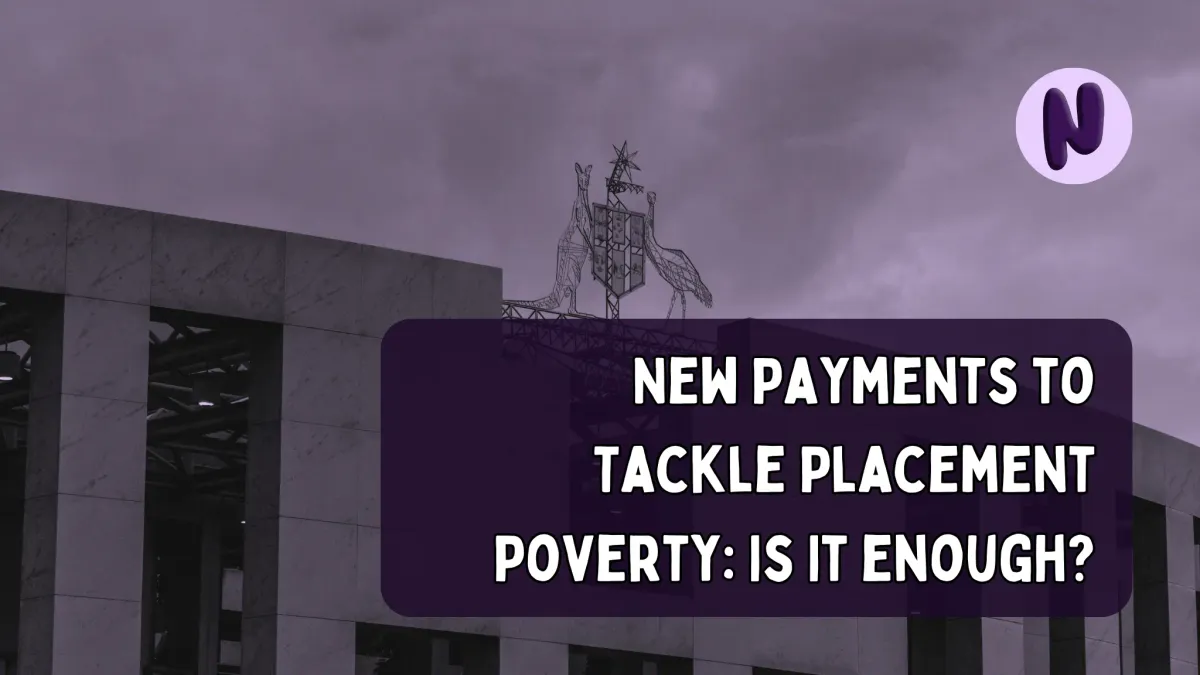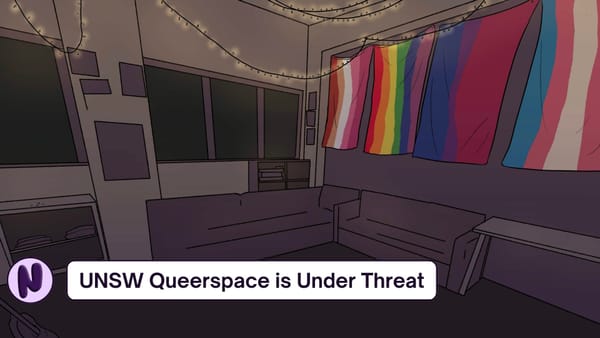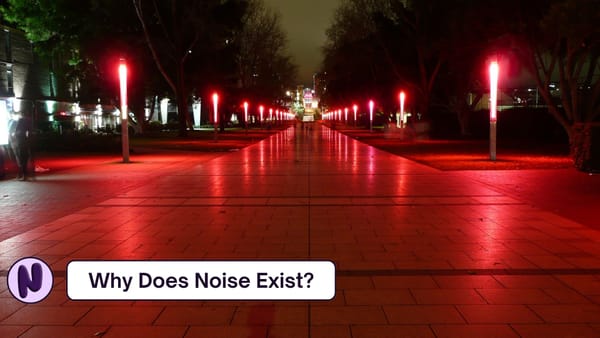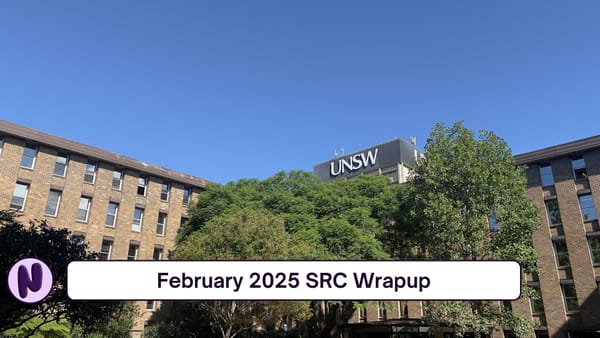New Payments to Tackle Placement Poverty: Is It enough?
The federal budget includes a weekly payment for uni students on mandatory placements, but it is enough to offset the placement poverty crisis?

On the 5th of May the Government announced its intention to provide payments for university and TAFE students undertaking mandatory work placements from July 2025. These payments of $319.50 a week have been announced for teaching, nursing, midwives and social work with the government claiming this will provide for 68,000 university students and 5,000 vocational education/training students. These placements are undertaken as mandatory parts of student coursework, and sometimes involve full-time unpaid work. The unpaid nature of these placements see many students struggling to support themselves, with Independent MP Monique Ryan speaking to this, stating she is aware of “nursing students sleeping in cars while doing rural rotations”.
These placements are extensive with social workers expected to complete 1000 hours over 26 weeks, nurses an expected 800 hours over 20 weeks, and teachers 600 hours over 16 weeks, entirely unpaid work. Amidst the current cost of living crisis, the new payments expect students to live off of $8/hour for nurses, $8.50/hour for teachers and $8.30/hour for social workers.
The payment also follows the government's decision to adjust the way HECS and HELP Debts were indexed, to the relief of many students following record-high indexation in 2023. On the new payments, Education Minister Jason Clare stated they're giving a hand to “people who have signed up to do some of the most important jobs in this country”.
However, many students have expressed that this payment simply isn't enough. Callum, from Students Against Placement Poverty, explained:
The recent paid placement announcement for the government falls short on addressing the systemic issue of placement poverty and pushing it until 2025 is clearly an election tactic at student’s expense. This means tested $8 an hour payment will do little to assist those most affected by placement poverty. Not only do students have to prove that they are eligible for this payment, it also fails to cover international students and students in degrees outside of teaching, nursing and social work.
However, this announcement is a big win for student organising. We can continue to push this forward from the ground up until students get the compensation they deserve for the work they put in.
Another issue is how these payments only cover some of the unpaid placements a range of students are expected to undertake. Financial review writer Julie Hare stated a third of students undertaking mandatory placements will be eligible for the full payment, a further 40% with a part-payment and the remaining 30% likely to fail its requirements.
This change is a welcome addition to the slew of pro-student changes made in the latest budget, including HELP loan changes and stronger undergraduate preparation support. However, students will be watching to see how these changes are implemented in the coming months.




